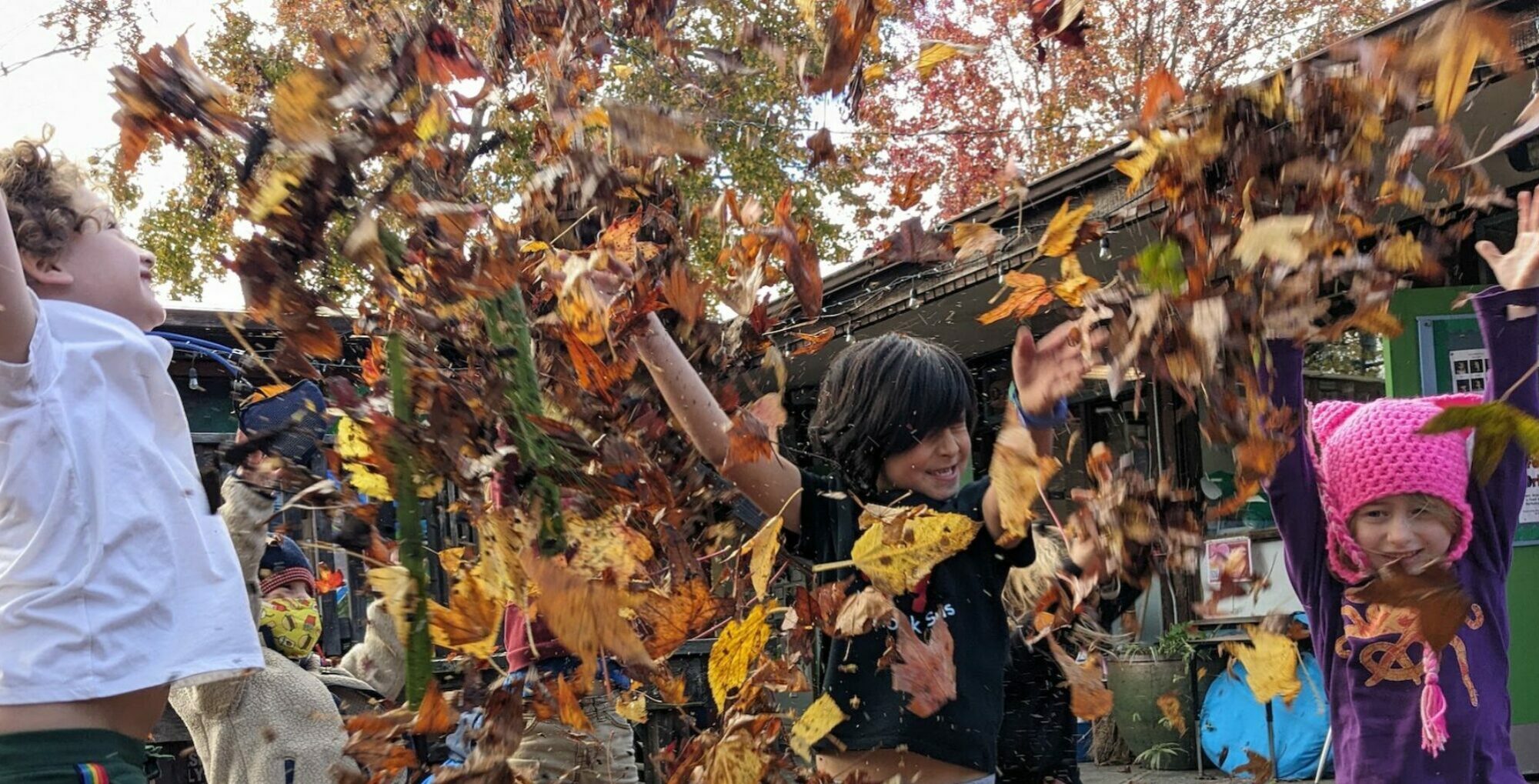Why Choose Walden
Admissions Process
Tours & Information Sessions
Tuition and Fees
Financial Aid
Nondiscrimination Policy
Work Commitment
By choosing Walden for your child, you are choosing to support your child’s creative energy, respect their learning style, and develop their sense of belonging to a larger diverse community.
Community
By setting goals and actively working together to achieve them, children develop a sense of belonging and investment in their school community and beyond. Our program of social-emotional learning embraces the idea of child as citizen and leader. As citizens, each of us has rights within and responsibilities to the group. As leaders, individuals recognize their gifts and step up to challenges, on the road to developing character. Community service helps students give back to the larger community.
Commitment to Diversity
We are more than a school. We are a center where families can participate and share who they are together. We work tirelessly with our families to create the most open, inclusive, and multi-cultural campus we possibly can.
Preparedness for the Future
At Walden, we work hard to help children develop a lifelong love of learning and to experience joy as a natural part of the learning process. Our joyful learners are also successful students wherever they go after Walden. Whether it be to public or private middle schools, large or small high schools, or the myriad of choices for college/university study, Walden graduates bring their creativity, self-confidence, and dedication wherever they go and to whatever they do.
Here are some of the schools our alumni have attended:
Middle Schools
Albany Middle School
Black Pine Circle
Longfellow Middle School
Park Day School
Trackers Outdoor Homeschool
Archway School
Edna Brewer Middle School
Montera Middle School
Berkwood Hedge Middle School
Westlake Middle School
The Berkeley School
King Middle School
Oakland School for the Arts
Redwood Day School
Willard Middle School
High Schools
Albany High School
Bishop O Dowd High School
Lick-Wilmerding High School
Oakland School for the Arts
Bard High School Early College
College Preparatory HS
Maybeck High School
Saint Mary’s College HS
Berkeley High School
Head Royce School
Millennium High School
The Urban School
Colleges and Universities
Barnard College
Boston University
Columbia University
Goucher College
Lewis and Clark University
Mount Holyoke College
Pomona College
San Jose State University
Sonoma State University
UC Berkeley
UC Santa Cruz
Vassar College
Beloit College
Brown University
De Paul University
Harvard University
Mills College
New York University
Reed College
Sarah Lawrence College
Stanford
UC Davis
University of Chicago
Yale University
Bennington College
Carnegie Mellon University
Evergreen State College
Humboldt State University
MIT
Occidental College
San Francisco State University
Tufts
UCLA
University of Wisconsin
Creative Energy
Creativity enhances learning—by translating experiences and ideas into dance, drawing, music, and writing children deepen their understanding of the topic at hand. Drawing has been shown to help students consolidate knowledge and store it in long-term memory. Learning a pattern in a song or seeing symmetry in a painting can form a vibrant foundation for mathematical concepts. Our teachers understand that an arts-integrated curriculum employs all the senses, engaging more children and engaging them more deeply. Tapping into creativity deepens learning for all children.
Learning Styles
Experienced teachers support and challenge each child where they need it most. In order to take in new concepts, students must be open and trust their environment, peers, and teachers. Walden provides this by working intensively with children on group and individual interactions, striving to create a climate of respect for differences and similarities as learners. Multi-age classes offer learners a chance to bond with teachers and peers, creating opportunities for challenge and support. Our integrated curriculum features hands-on activities, connections to students’ interests, and authentic assessment—not teaching to the test.

